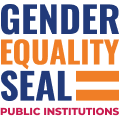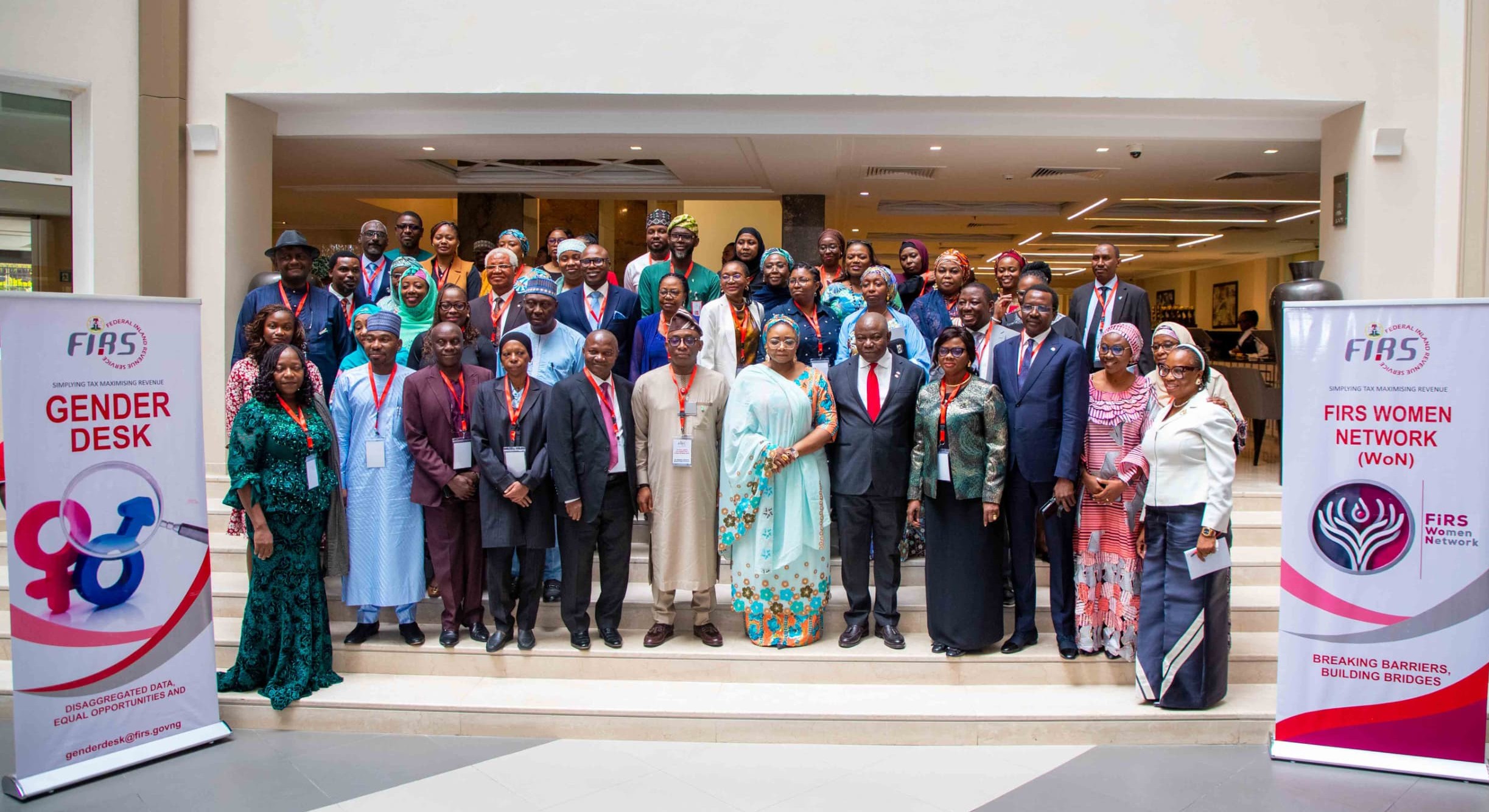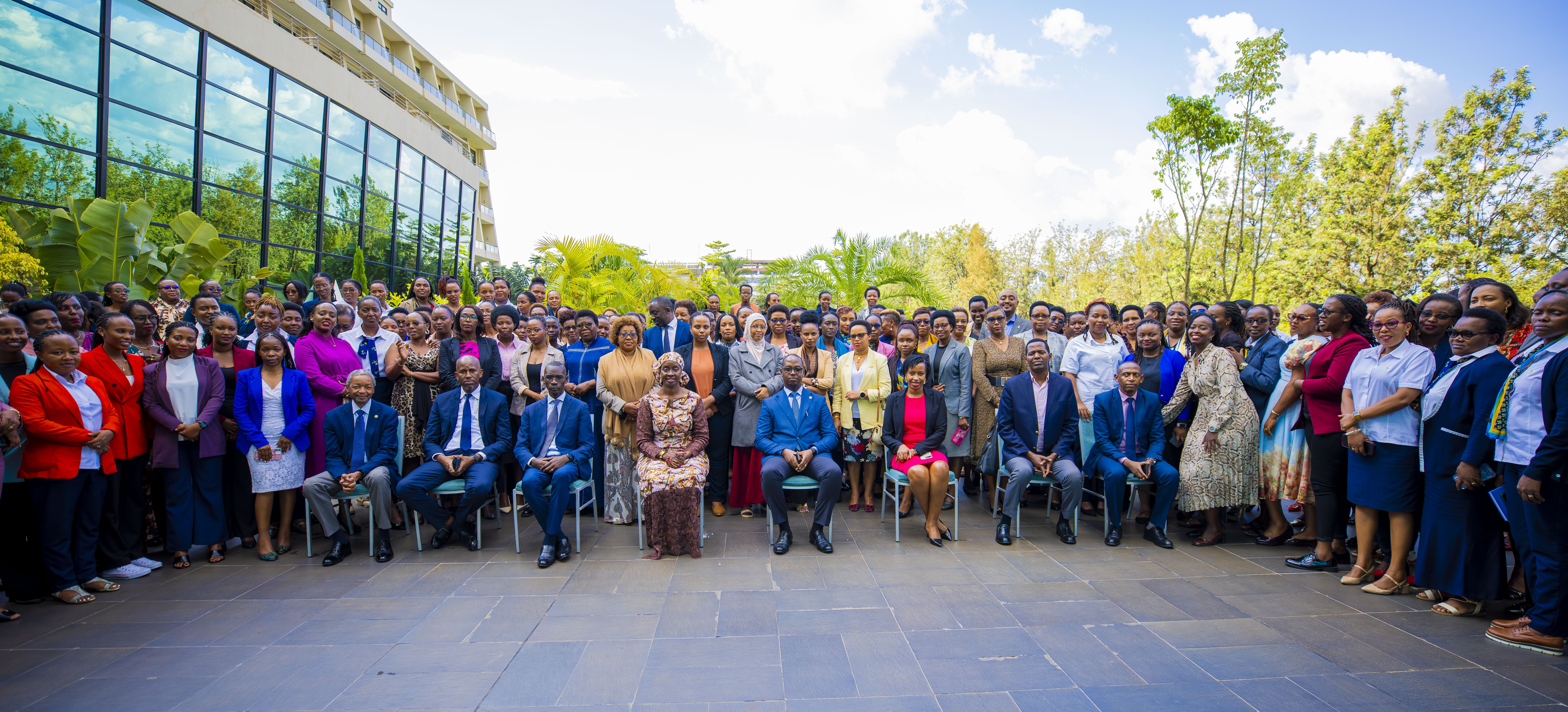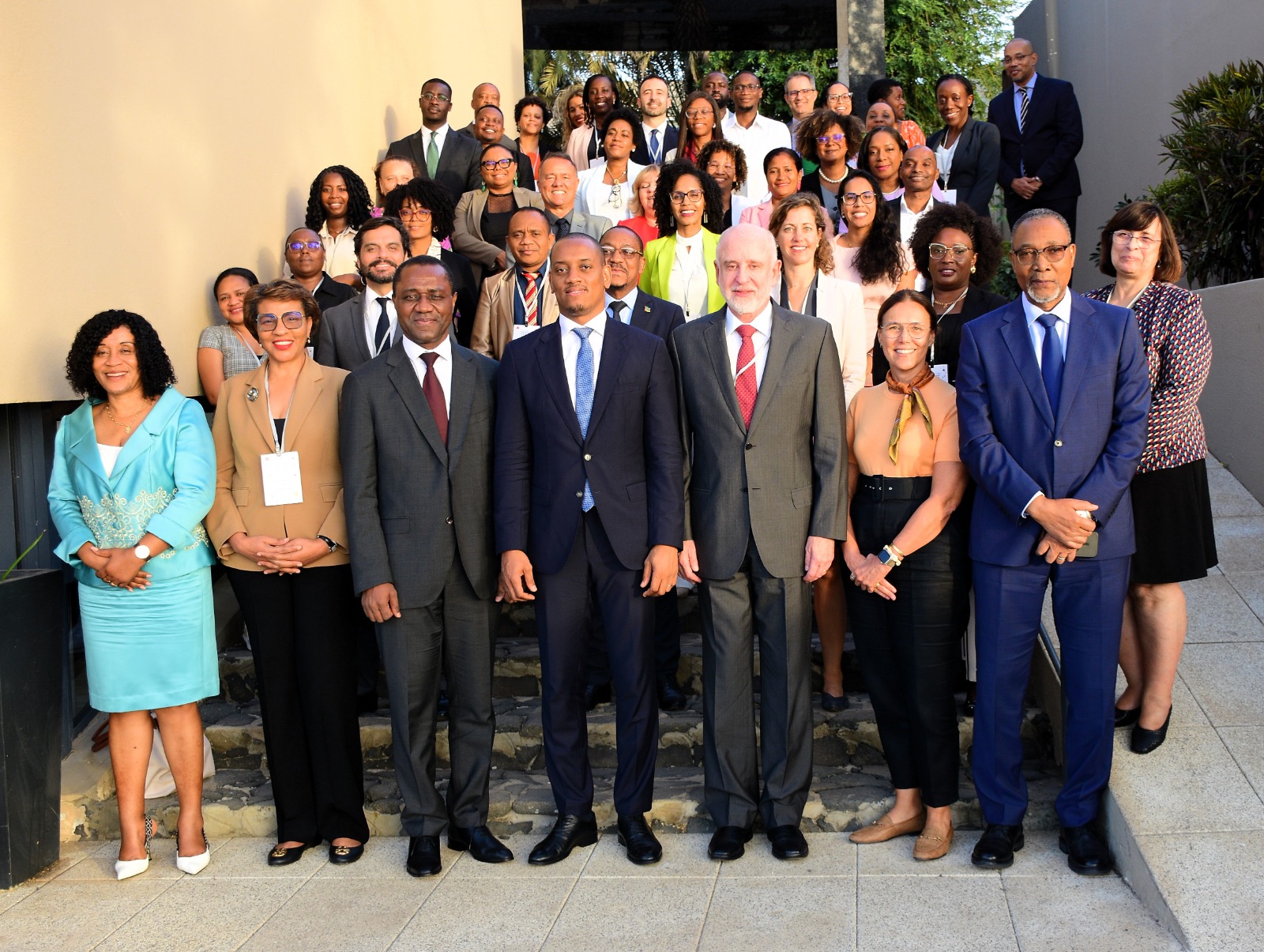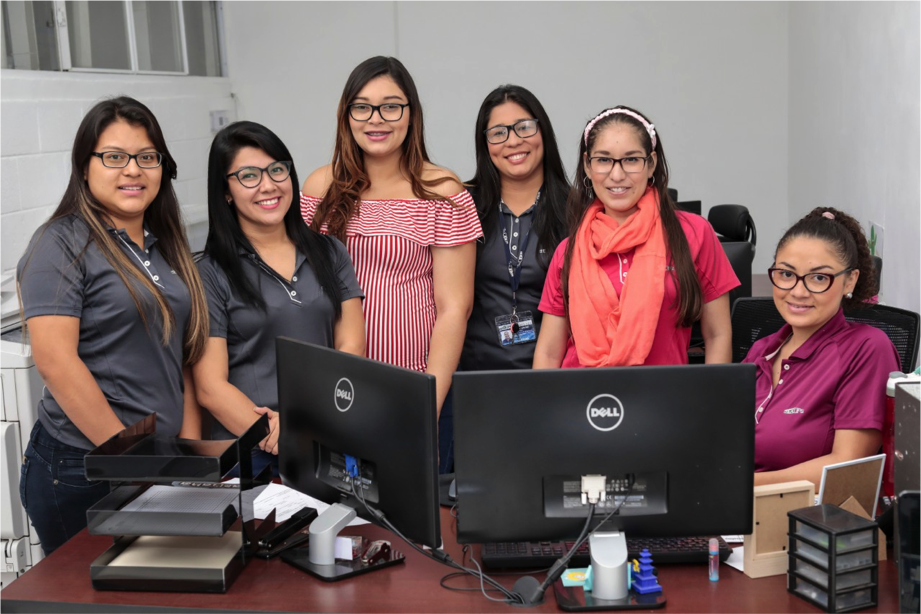
August 27, Panama City, Panama. Latin America and the Caribbean is one of the regions that has been most impacted by the COVID-19 pandemic. The region is currently immersed in a triple crisis: the COVID-19 pandemic, inequality, and a climate change and the loss of biodiversity crisis. In order to reflect on the progress and challenges of gender equality in the present day Latin American and Caribbean the UNDP, alongside ministers from the region, presented the UNDP Global Gender Equality Seal for Public Institutions Program in Latin America and the Caribbean. The Global Gender Equality Seal Program for Public Institutions is a groundbreaking initiative which promotes gender equality in the public sector.
This year’s 2021, the Regional Human Development Report reported a 7.7% drop in economic growth and calls that low growth with high inequality in Latin America and the Caribbean is a trap that can increase the region’s vulnerability to the effects of climate change and diminishes opportunities to reduce poverty and inequality. Since the beginning of the pandemic, UNDP has been working with countries in the region to respond effectively to the triple crisis in an inclusive manner as to ensure that the benefits of collective action are equitably distributed.
“We are in an era where we have the possibility of defining a new way of understanding development. It is important to find solutions and rethink development from a comprehensive perspective that considers the environmental, social, and economic dimensions and the connections among them, as an alternative to a development based on purely socioeconomic elements. Gender equality, as a synonym for change, implies this multicausal and structural vision necessary to achieve real and profound changes with positive and lasting impact,” said Linda Maguire, UNDP Deputy Regional Director for Latin America and the Caribbean.
Since 2020, 6 countries in Latin America and the Caribbean (Paraguay, Colombia, Panama, Peru, Dominican Republic and Costa Rica) have already launched the program at the national level with the co-leadership of the National Mechanisms for the Advancement of Women (MAMs), totaling around 40 implementing institutions.
“The Gender Equality Seal for Public Institutions is a UNDP Global commitment that invites us to rethink our public institutions, with a clear commitment to the interconnectivity and multidimensionality of the problems and their solutions. At the same time, the programme offers a very practical roadmap to integrate gender equality into the structures, policies, culture and functions of public institutions. We offer an innovative methodology to ensure that public institutions deliver for all. UNDP believes that inclusive States should promote gender equality as the driver of the transformation needed to strengthen the social contract with their citizens” said Raquel Lagunas, Leader of the UNDP Global Gender Team.
The event was attended by Mayra Jiménez, Minister of Women’s Affairs of the Dominican Republic, Nellys Herrera Jiménez, National Women’s Institute of Panama, Marcela Guerrero Campos, Minister for the Status of Women of Costa Rica, Cristina Bogado, Minister Secretary of Public Administration of Paraguay and Gloria Corvacho the Manager of Lima’s Metropolitan Municipality. On behalf of UNDP, the event was chaired by Linda Maguire, UNDP Deputy Regional Director for Latin America and the Caribbean, Raquel Lagunas, Leader of the UNDP Global Gender Team, Guillermina Martin, UNDP’s Gender Area Leader for Latin America and the Caribbean, Jairo Acuña, UNDP’s Governance Leader for Latin America and the Caribbean and Sara Ramirez, Regional Coordinator of the Gender Equality Seal Program in Public Institutions.
The Global Programme now has an online platform, accessible to the public interest in learning more about the Seal of Gender Equality for Public Institutions and with a specific area for public institutions that are implementing it. The online platform allows participating institutions to analyze their current situation, identify their strengths and weaknesses and develop action plans to address them; it also allows them to monitor progress, interact and learn from the experiences of other participating institutions and share information and lessons learned.
